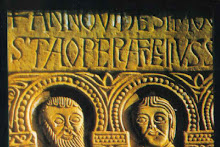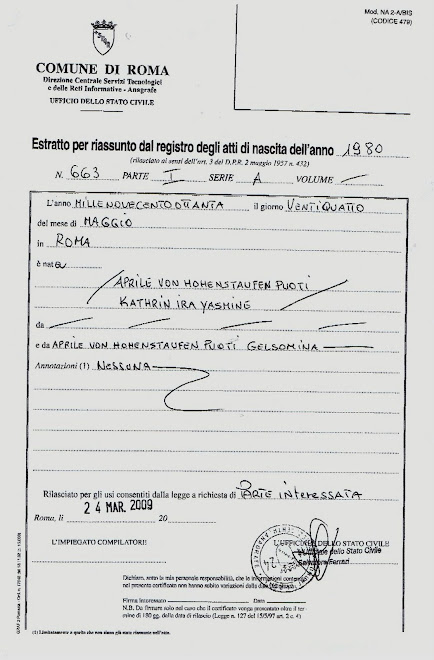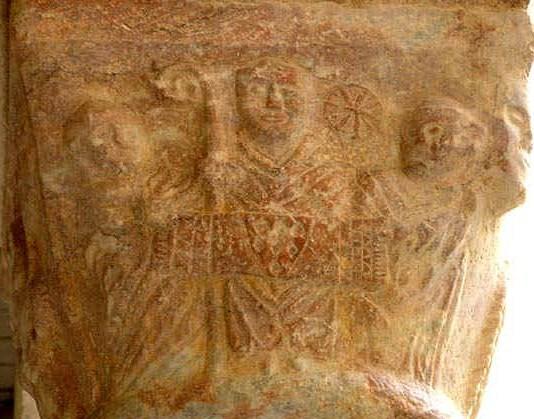Illustration of a Coronation from the Liber Regalis, a 14th century manuscript. It may depict Richard II and his wife, Anne of Bohemia, who was crowned in January 1382
By kind permission of the Dean and Chapter, Westminster Abbey
The Plantagenet period was dominated by three major conflicts at home and abroad.
Edward I attempted to create a British empire dominated by England, conquering Wales and pronouncing his eldest son Prince of Wales, and then attacking Scotland. Scotland was to remain elusive and retain its independence until late in the reign of the Stuart kings.
In the reign of Edward III the Hundred Years War began, a struggle between England and France. At the end of the Plantagenet period, the reign of Richard II saw the beginning of the long period of civil feuding known as the War of the Roses. For the next century, the crown would be disputed by two conflicting family strands, the Lancastrians and the Yorkists.
The period also saw the development of new social institutions and a distinctive English culture. Parliament emerged and grew, while the judicial reforms begun in the reign of Henry II were continued and completed by Edward I.
Culture began to flourish. Three Plantagenet kings were patrons of Geoffrey Chaucer, the father of English poetry. During the early part of the period, the architectural style of the Normans gave way to the Gothic, with surviving examples including Salisbury Cathedral. Westminster Abbey was rebuilt and the majority of English cathedrals remodelled. Franciscan and Dominican orders began to be established in England, while the universities of Oxford and Cambridge had their origins in this period.
Amidst the order of learning and art, however, were disturbing new phenomena. The outbreak of Bubonic plague or the 'Black Death' served to undermine military campaigns and cause huge social turbulence, killing half the country's population.
The price rises and labour shortage which resulted led to social unrest, culminating in the Peasants' Revolt in 1381.
The Bruces
more >
SUGGESTED LINKS
Historic Royal Palaces
College of Arms
English Heritage
The National Trust
Iscriviti a:
Commenti sul post (Atom)



















Nessun commento:
Posta un commento